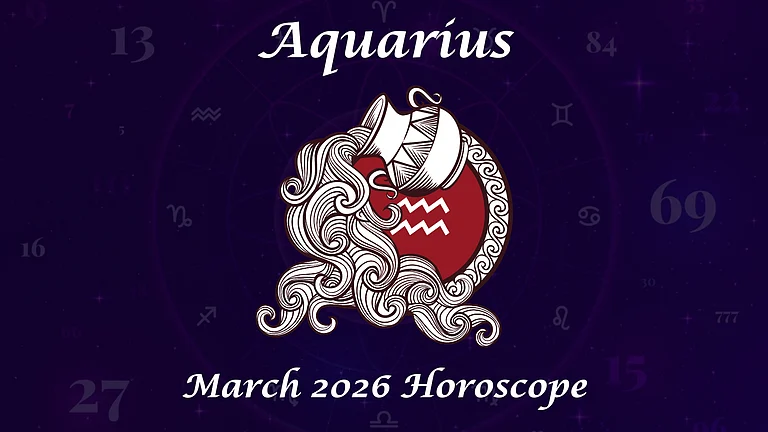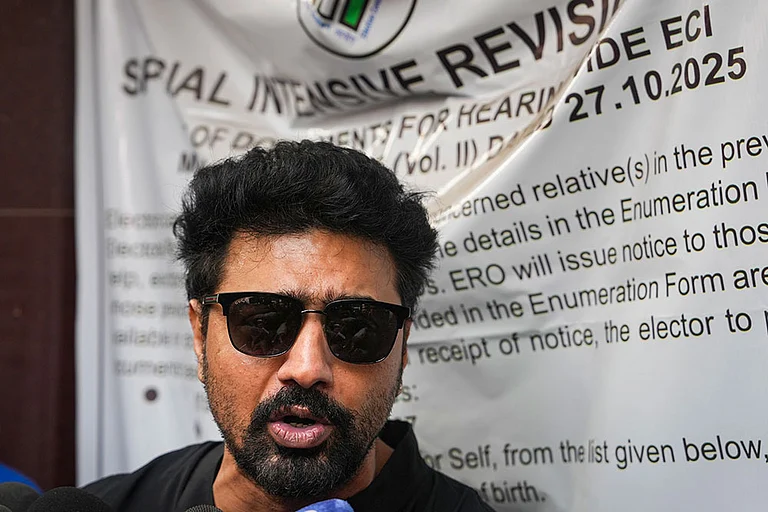Arpan Majhi left his accommodation at the main hostel at Jadavpur University just three days after moving in. He was shaken after what transpired on the night of August 9. Although certain levels of disappointment crept in when he spent the first night at the hostel, he says it was beyond his imagination what that could have led to.
Recounting his awful experience at the hostel, the first year student from Geology Department wrote on social media, “মাথায় একটি স্পেসিফিক ছাঁটের চুল কাটতে বলা, সন্ধ্যে ৬ টার মধ্যে হস্টেলে ঢুকতেই হবে, সিনিয়র দের ক্রমাগত ফাইফরমাশ খাটা, সারারাত জাগিয়ে রেখে ইন্ট্রো নেওয়া”(asked to get a specific kind of haircut, a 6 pm curfew, running errands for the seniors and staying up all night for ‘intro’)
A scared Arpan, from Asansol in West Bengal, tried to navigate for safe accommodation in a new city more than 200 km away from home. He belongs to an economically backward family and to live in a paying guest accommodation was a difficult decision to make for him.
Speaking to Outlook, Majhi says he could never fathom that an incident so horrific would happen and it continues to send chills down his spine. Although his parents asked him to come back if he wanted to after last month’s incident, he chose to stay.
A lot happened and more than that, a lot of things were said over the last month regarding Kolkata’s renowned university, after a 17-year-old student died from falling off the balcony of the main hostel. He was a first-year student of Bengali.
There have been 13 arrests made so far in the case including former and current students. More than a month after the incident, all of the arrested accused were booked under the Protection of Children from Sexual Offences Act, 2012 as the police alleged that the victim was subjected to sexual harassment before his death.
An internal committee at Jadavpur University has identified 35 senior students and six “alumni/unauthorised boarders” who were allegedly “involved in ragging” the victim at the varsity’s main hostel. It also identified four senior students and six former students as the “main raggers” after interviewing hundreds of students.
But the question that still remains unanswered is, ‘What happened on the night of August 9?’ Well, that’s not for us to answer. When Outlook spoke to a few of the students from the university to know where the situation stands a month after the incident, a lot of factors came to the surface which must bring attention to several social issues including ragging, bullying, shaming, and on, that have been deeply internalised over the years.
Ragging is a social issue
Most students, Outlook spoke to, echo the same opinion on the matter of ragging. Like a collective answer, they say, ‘ragging is a social issue’.
A first-year student in the Department of Philosophy, Aditya Dolui says, “I, along with a significant number of my peers, believe in the prevention of ragging as a social issue from its roots than only prosecution of the culprits as prosecution will ensure punishment of the culprits but will not stop the phenomena of ragging.”
Further, speaking about how the situation has been taken over by other narratives in the media, Rupanjana Das, a first-year student, says, “We should look at ragging as a social issue. This has been taken over by political parties pitting each other in the context of the situation. I don’t think any of this is going to help. What we should be doing is, all of us coming together and fighting the social issue that ragging is and how it is taking away lives.”
When asked what the university administration could have done better to protect the students, another undergraduate student from the English Department, Sainik Bhattacharjee says, “We want a dialogue with the higher officials. This is a social issue. We have to understand why ragging happens instead of only focusing on 'punishing' the perpetrators.”
Arpan Majhi on his social media account wrote about his own experience during the three-day stay at the main hostel and wrote about the specifics that a fresher has to face on the orders of the senior students.
Dealing with homophobia
The initial reports revealed that the deceased student repeatedly uttered ‘I am not gay’ to other students at the hostel before his death.
A queer student from the first year of the English department, Rupanjana Das says that the heteronormative mentality that was revealed with the initial finding of the case scared her a lot.
Das shares that on her first day when the new batch met the faculty, they apparently advised the students not to conduct any form of discrimination on the campus on the basis of “gender or sexual identity”. She suggests that the conversation they had with the faculty about not bullying anyone for their pronouns, gender identities, and the background they come, from should be institutionalised by the University administration first.
Even though the faculty urged for a sensitised experience for the students, the senior students living in the hostel did not seem to follow the same mindset.
Is setting up CCTV going to solve issues?
The university students and the public consuming the news about this matter were divided into two regarding setting up of CCTV cameras on campus. Sainik Bhattacharjee says he doesn’t feel safe knowing someone always keeps an eye on him calling it a ‘Big Brother’ stance. Further, he elaborates, “The status quo doesn't care about the prevention of ragging. It is scared of rebels and poets who are shaped in this liberal environment.”
Meanwhile, a former student of the university, Sagnik Saha in his reaction to the points raised by debates on the matter says, “It seems their only solution is to install CCTV cameras and deploy ex-army security.” He further claims, “Ragging cannot be stopped by monitoring people.”
Has the administration taken the situation seriously?
The first-year students who board the university hostel have been shifted to a separate hostel accommodation after the incident and they are setting up CCTV cameras on the university gates.
Rupanjana Das says that a mentor-mentee grouping has started where five students are allotted one professor from the university where they can not only speak about and clear their doubts regarding studies but also other things that might bother them at the campus. Das thinks this step is crucial for students to open up and the faculty to pay attention to issues that might have been overlooked so far.
Meanwhile, former student Dipsuvra Ali thought that the administration had not taken the situation seriously and describing his experience with the university in the past, he says, “They need a wake-up call every semester as if to realise what are the issues they need to take. One needs to march to Aurobindo Bhavan to ask for their rights, but truthfully, they take steps after the demonstrations/movements etc. What I feel is that administration needs proper sensitisation to realise what challenges are faced by new students in today's world and the plethora of discrimination that can happen to one.”
Sagnik Saha also believes that the administration has not done enough, he says, “They took it as a serious opportunity to curtail students' freedom and impose surveillance and basically accomplish everything that they could not because of our culture of resistance. Nothing significant has been to done by the administration to address the issues.”
Does JU have a ‘toxic’ environment?
The environment in the Jadavpur University campus has been a matter of debate for ages. The recent incident only added fuel to the fire. Former student Dipsuvra Ali takes on this question and explains that ‘toxicity’ is “a term that can be interpreted in many ways”.
“JU isn't an isolated island like many people think it is, so there is bound to be toxicity that is present in the world. If we're talking about toxicity in the context of ragging, bullying, discrimination, I don't think it is to that extent that is being shown on the media,’ he says.
Sagnik Saha shares his mind on the media’s representation of ragging in JU and its history. He says, “There are certain social and political nuances that must not be overlooked in this discussion. If were are to identify ragging as a social problem then we come to a dead end that everyone is refusing to accept.” He further says, “According to media and our ministers Jadavpur hostels are a hotbed for perpetual ragging and everything evil. First, I cannot condone such characterisation of our students. Second the culture of ragging present there does not arise out of nowhere.”
Arpan Majhi also denies a ‘toxic environment’ on the campus. He says that he has met with several helpful seniors and the media is trying to subjugate the spirit of the students with the narrative.
More than a month after the incident, the university administration seems to have taken steps but whether it is enough for the safety of the students, is questionable. Ragging does not take place one sudden day but is a tradition that has continued for years.























